The 10 most inaccessible places on the planet
Islands to which you need to sail for a week, high-altitude villages where roads do not lead, research stations in permafrost — we talk about places where it is almost impossible for a traveler to get to.
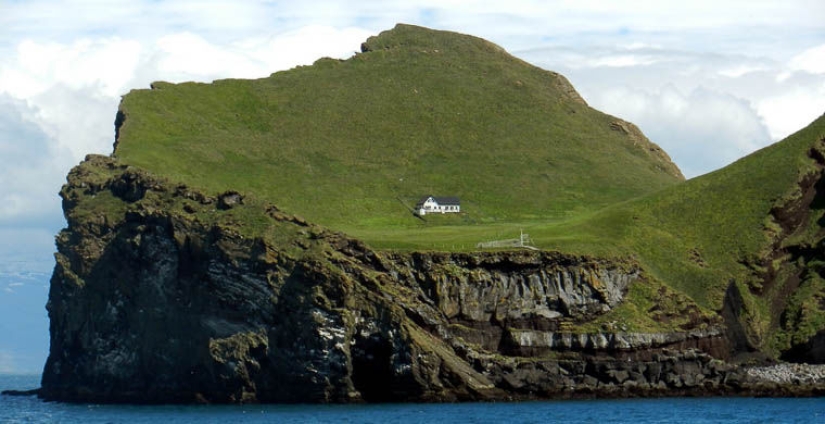
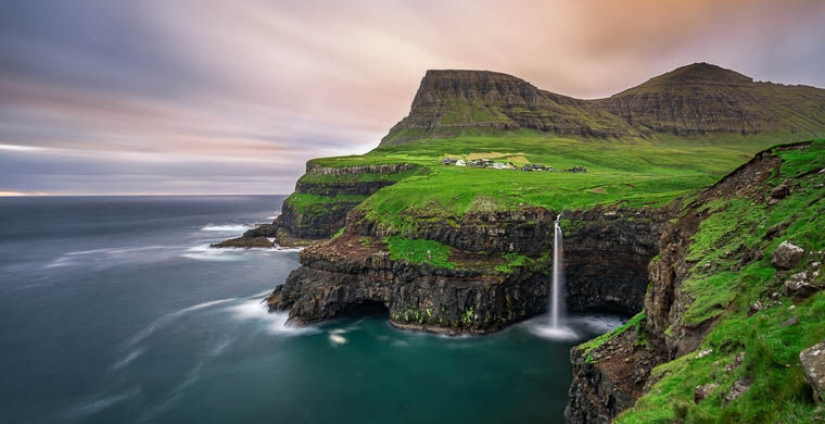
Beautiful untouched landscapes will be a traveler's reward for the hardships of the journey.
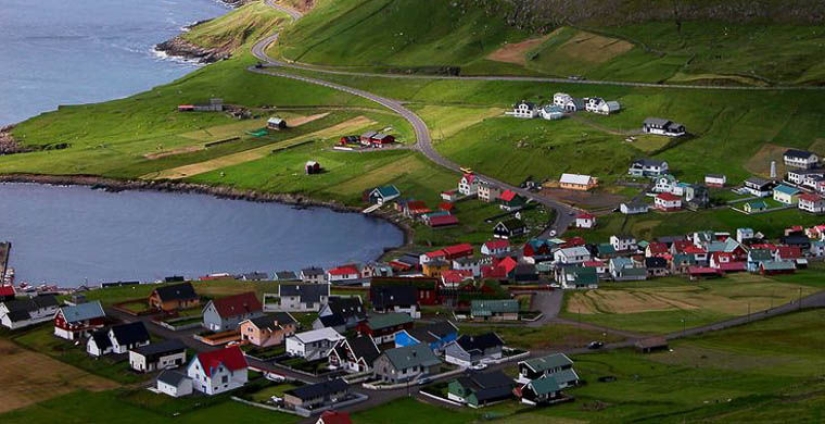
It was only in 2004 that it became possible to get to the tiny village of Gasadalur in the Faroe Islands by car — a tunnel was cut through the rock. Before that, everyone who wanted to come here or leave here had to make a difficult way through the mountains (the village is surrounded by them from all sides), gaining about 400 m altitude each time.
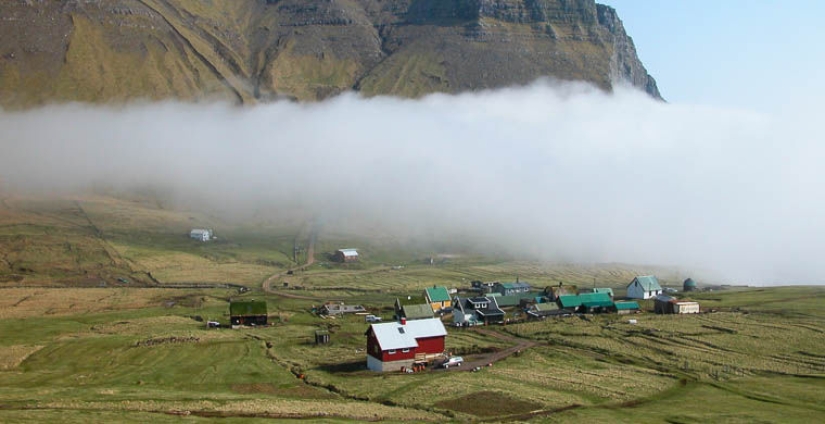
In 2012, the population of the village was only 18 people. Despite the breathtaking views, it is not easy to live here: even ordinary fishing can barely feed the settlers. Gasadalur is located high, it is impossible to go down to the boats directly because of the steep cliffs, and fishermen have to keep the boats in the neighboring village — and this is again the way through the mountains or through a tunnel.
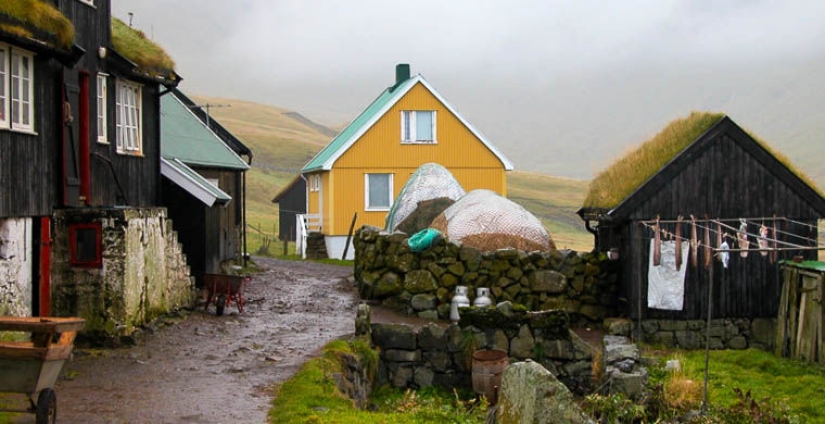
However, there are wonderful fertile plateaus suitable for farming, and residents hope that with the advent of the tunnel, there will be those who want to settle in the village.
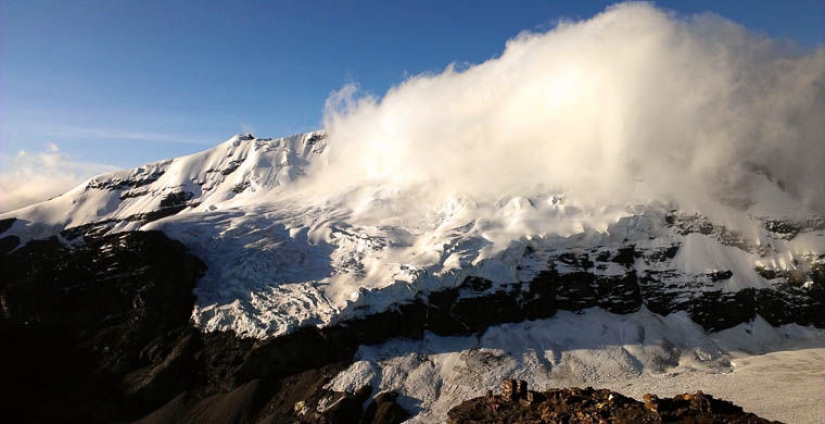
The mining town of La Rinconada in the Peruvian Andes is located at an altitude of 5100 m above sea level and is considered the "highest" city on earth.
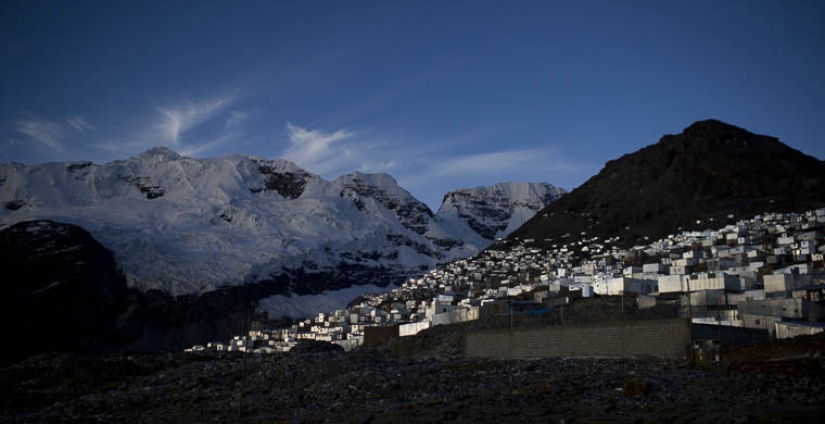
The city is located on a glacier that never melts, and it can only be reached by heavy trucks on dangerous roads winding in the mountains.
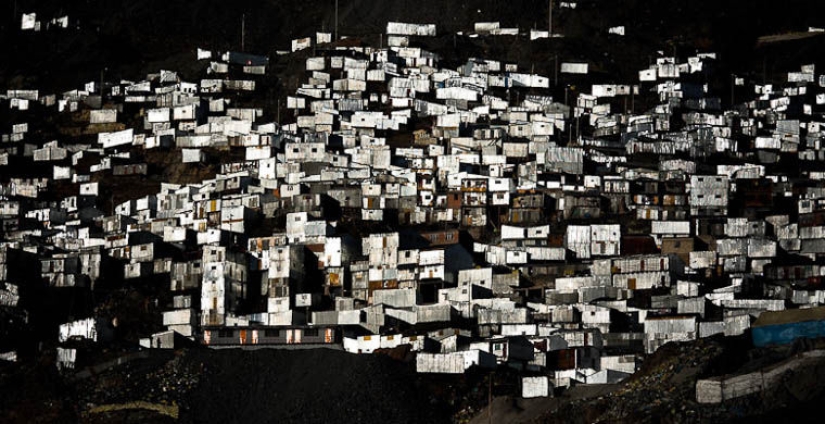
It takes an ordinary tourist up to a week to get to La Rinconada alone: the road itself is very difficult, but mountain sickness is added to these difficulties — you have to stop for acclimatization.
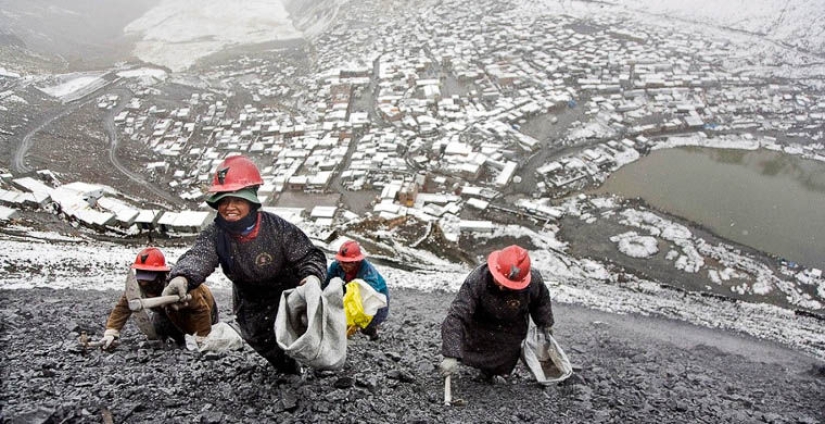
30,000 locals are engaged in the grueling business of gold mining. Every day, workers descend into the mines to chisel ice caves in search of valuable metals. In many ways, this is why La Rinconada has earned a reputation as a city where the poorest and most desperate Peruvians live, ready to take on the hardest work.
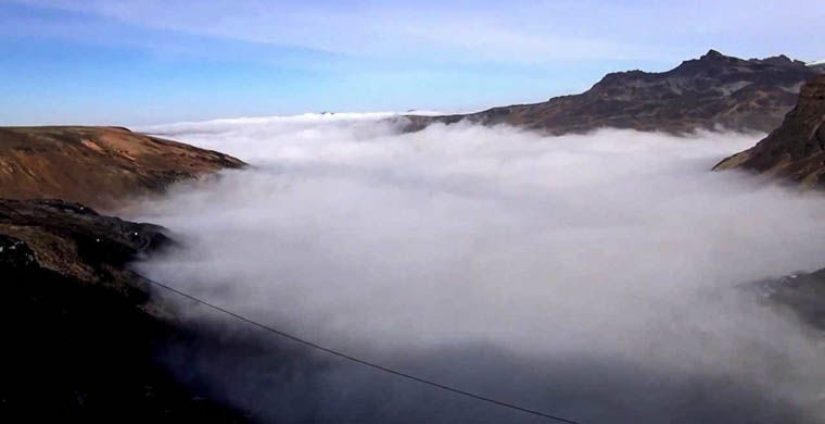
Many of them work here for free — in exchange for being allowed to keep small pieces of the gold they found.
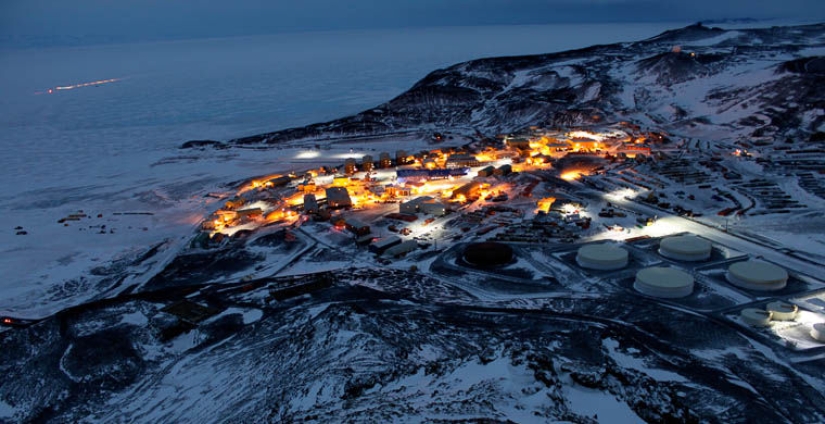
Located literally on the edge of the earth, McMurdo Station is one of the most remote places on earth.
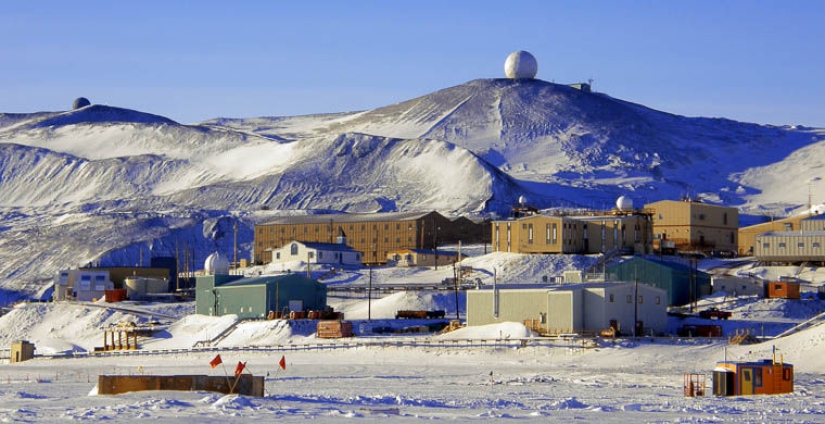
There are no indigenous people here, but in summer (relatively warm by local standards), up to 1,200 scientists and volunteers work at the station.
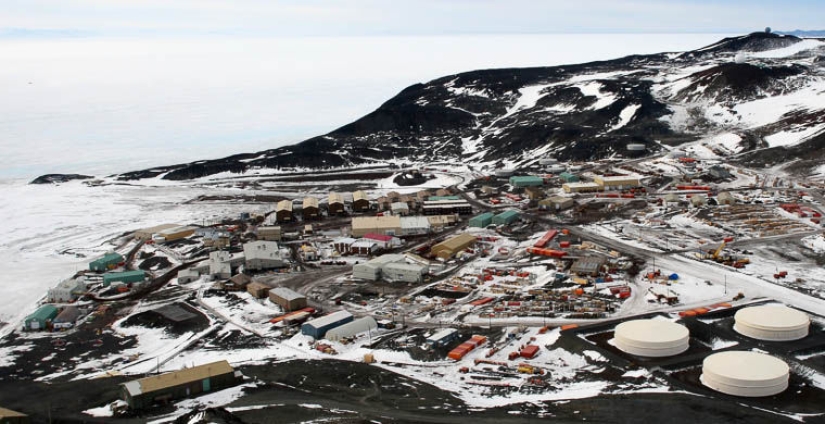
The station is located next to the Ross Glacier, at the northern tip of the continent, and is almost always covered with ice and snow.
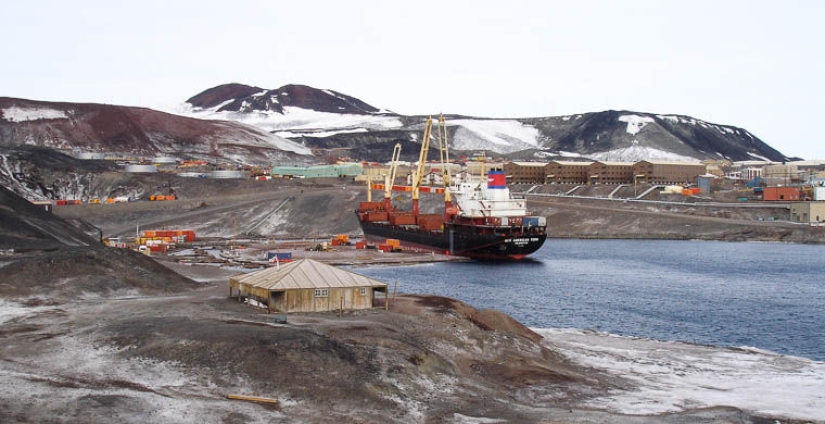
McMurdo is a station for international scientific research. Previously, the journey here took months (and even years) - on ships, among ice and dangerous currents. Now three runways have been made here, and communication with the world has become more regular.
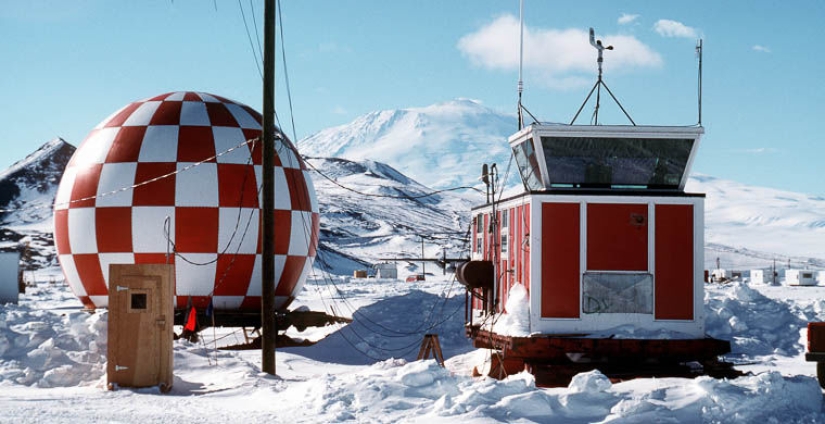
Scientists have a TV, a gym, a small nine-hole golf course and even a greenhouse that supplies the station with fresh vegetables and fruits.
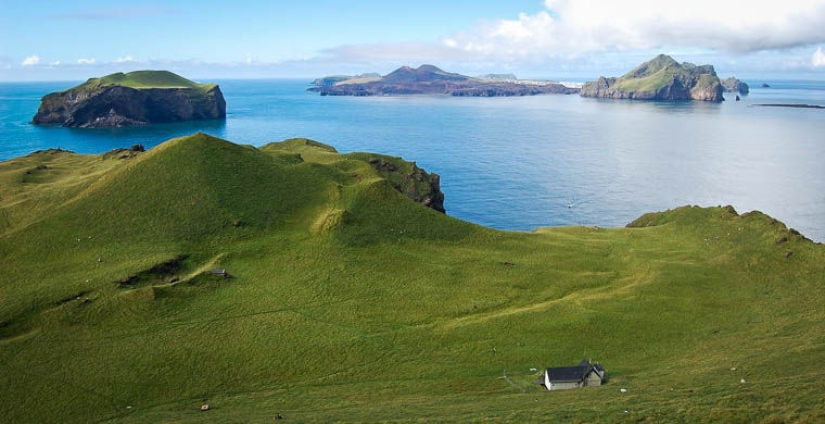
This house is often called the most secluded house in the world, and looking at the photos, it's easy to understand why.
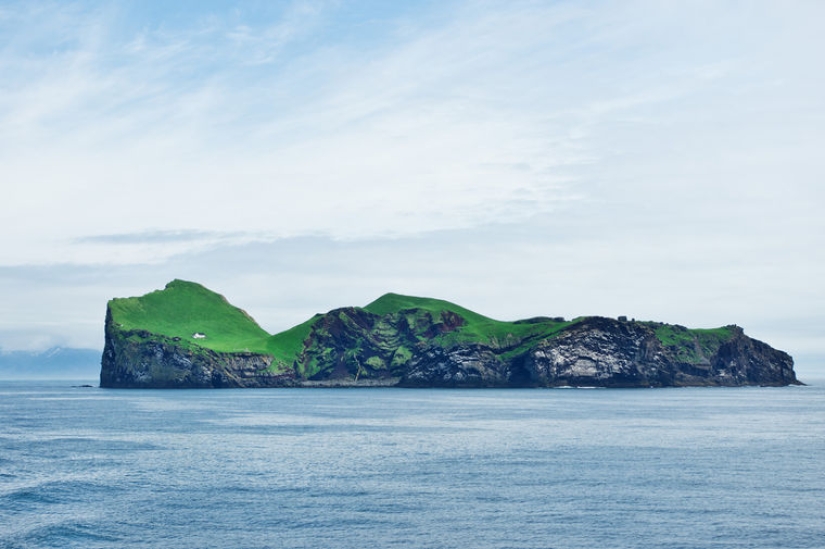
The island of Edlidaei has been inhabited by only five families for 300 years (it's easy to guess that marriages between relatives led to very depressing consequences, today no one lives here).
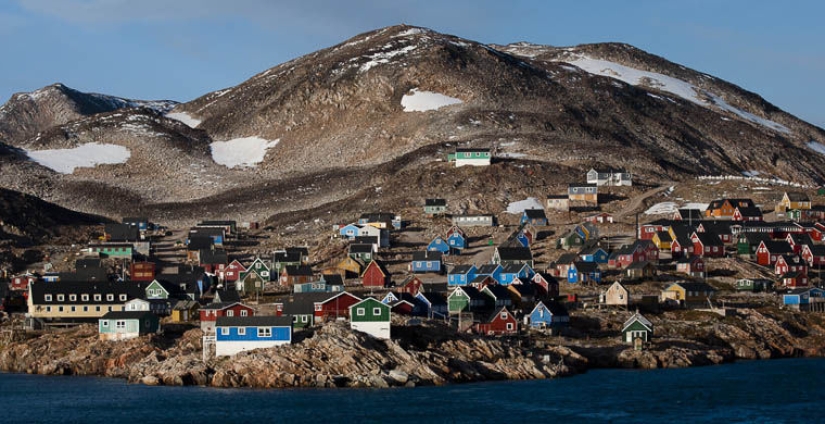
The only structure currently available on the island appeared as a lodge for hunters of puffins - although for Icelanders the house has always been mysterious. Someone said it belonged to Bjork, someone said it belonged to a mysterious Icelandic millionaire. Strangely, the house has been fenced for a long time, although there is clearly no one to be afraid of.
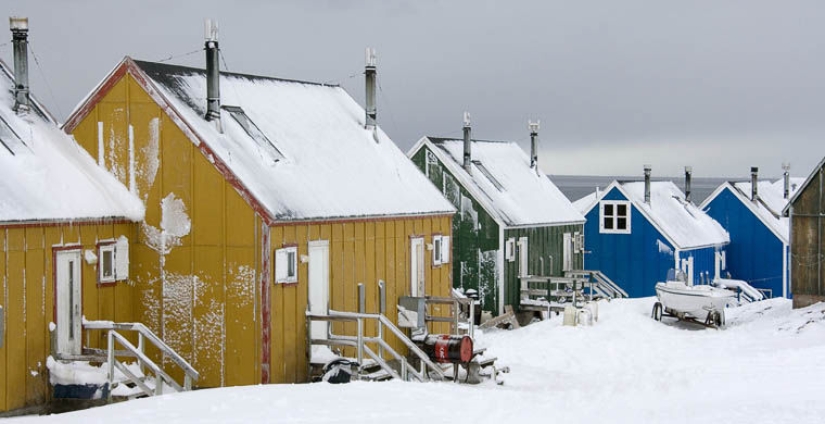
Greenland is the largest island in the world (its area is 2,130,800 km2) with the smallest population (57,000 people). The neighbors obviously don't bother with their presence here.
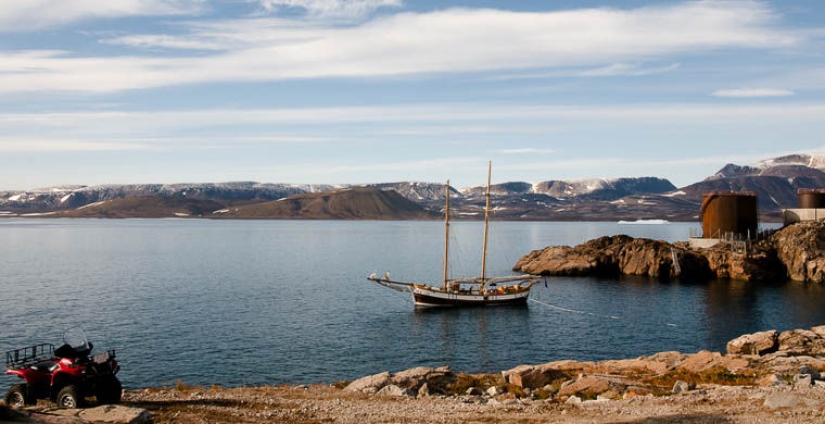
Illokkortoormiut, in turn, is a small hunting and fishing village on the east coast. It is part of a municipality the size of England, but its population barely exceeds 500 people — which means that for every inhabitant there is about 400 km2 of land.
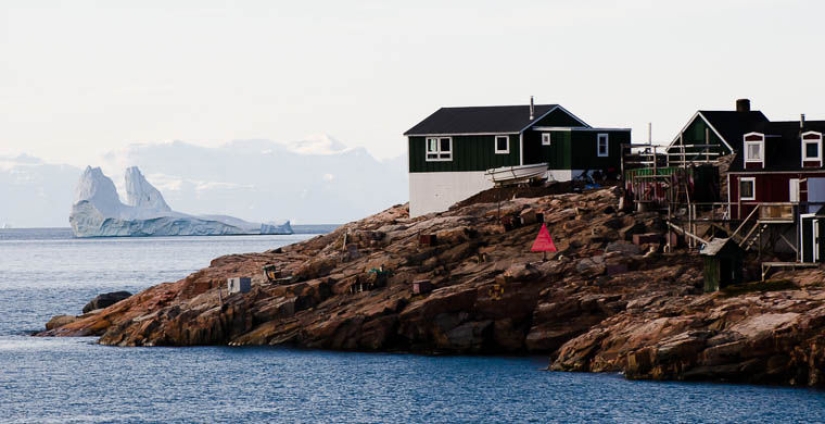
Residents of Illokkortoormiut live by hunting polar bears and whales, as well as fishing for halibut in the warmer months. This is one of the northernmost settlements in the world, and it is absolutely cut off from the rest of the world by the tundra.
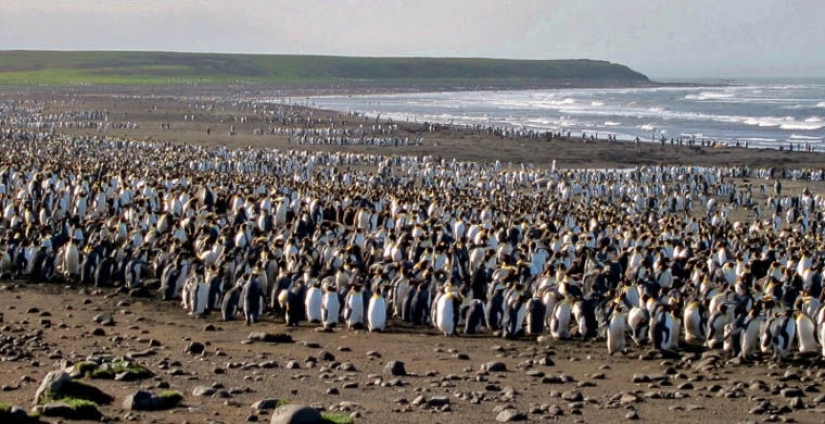
You can only get to it by plane (twice a week from Constable Pinta, Iceland), helicopter or boat (several months a year).
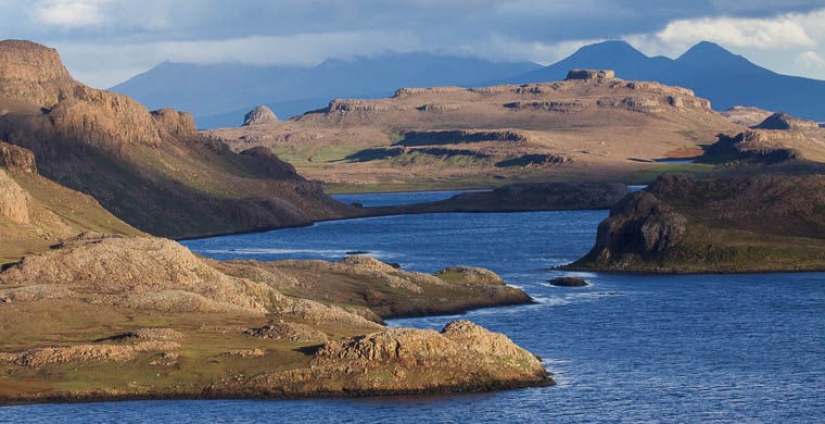
Also known as the Desolation Islands, the Kerguelen Archipelago is one of the most remote places on the planet. You can get here only by sea, there is no air communication with the outside world at the islands.
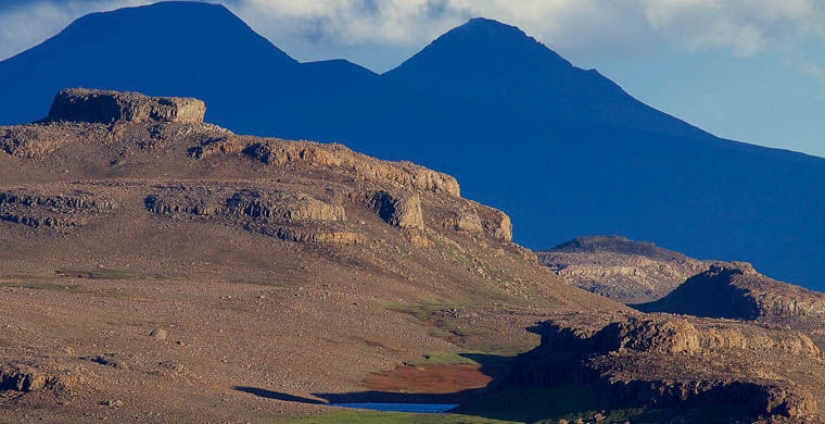
The islands were discovered in 1772, and they were visited by many scientists, biologists and even Captain Cook, who stayed in the archipelago in 1776.
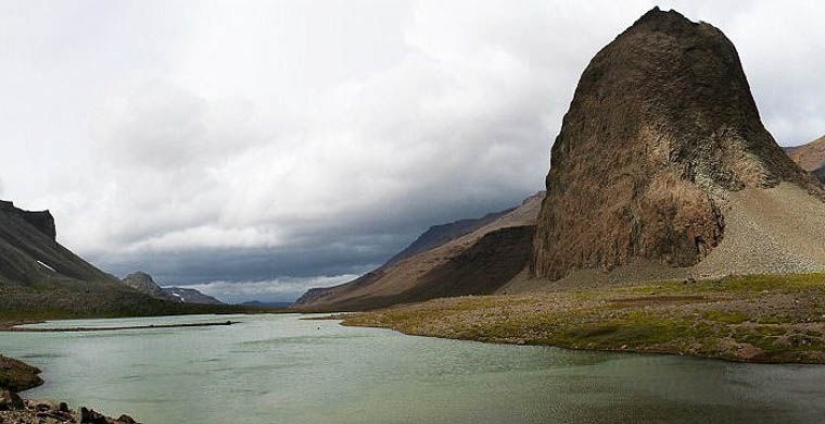
Officially, the journey from Reunion to Kerguelen on rare ships sailing here directly takes six days. In fact, it turns out that the journey can take a whole month — depending on which ship to sail on.
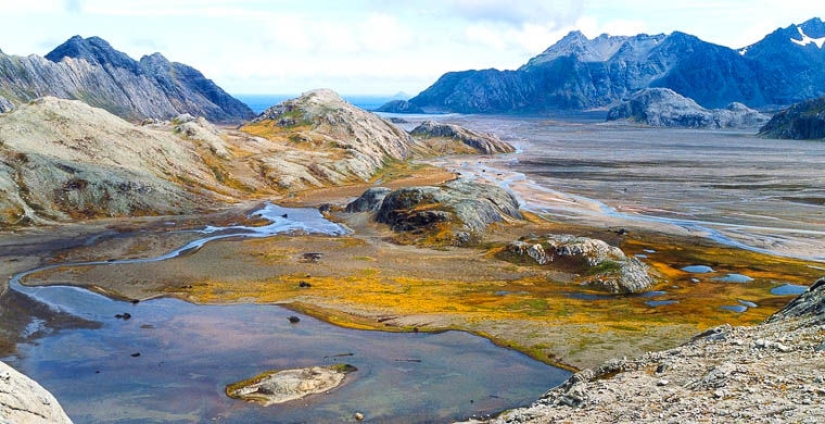
Most often, ships that transport scientists to remote islands go to the archipelago (but there are such ships with stops, calling at all the surrounding ports), luxury cruise liners are much less common.
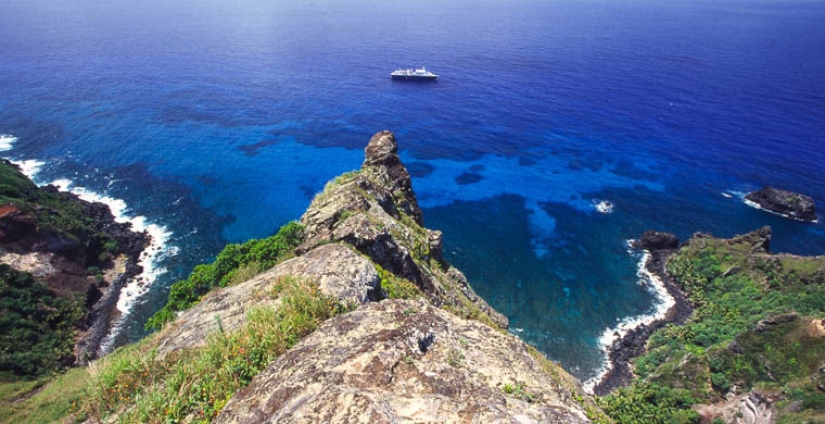
As in Antarctica, a large number of scientists and engineers from France live here all year round (formally, the islands belong to its jurisdiction), but from entertainment, in addition to the harsh nature, they have only a satellite communication station and meteorological towers.
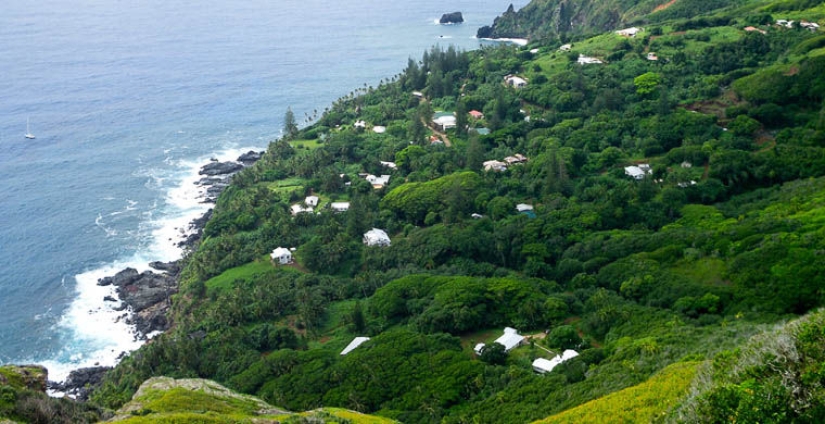
A small point in the South Pacific Ocean, Pitcairn is located closest to Tahiti and the Gambier Islands, but even before they are several hundred kilometers away.
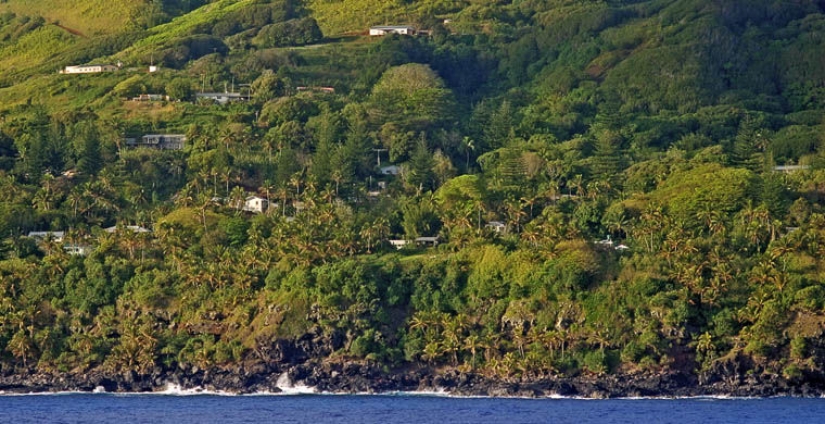
The island is the last British territory in the Pacific Ocean, and its population is about 50 people. Many of them are direct descendants of the crew members of the famous ship HMS Bounty.
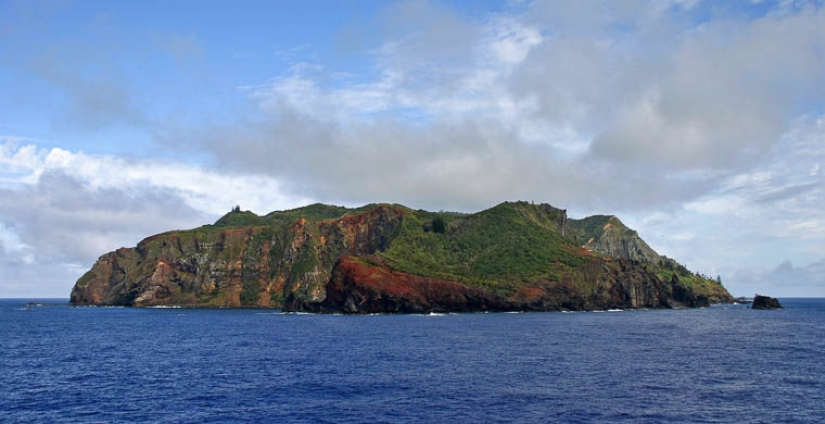
HMS Bounty is known for sailing in 1789, but there was a mutiny on the ship, the rebels were forced to land on the island, and they liked it so much that they decided to stay on Pitcairn forever, and burn the ship. Now the islanders live off farming, fishing and selling rare postage stamps to collectors.
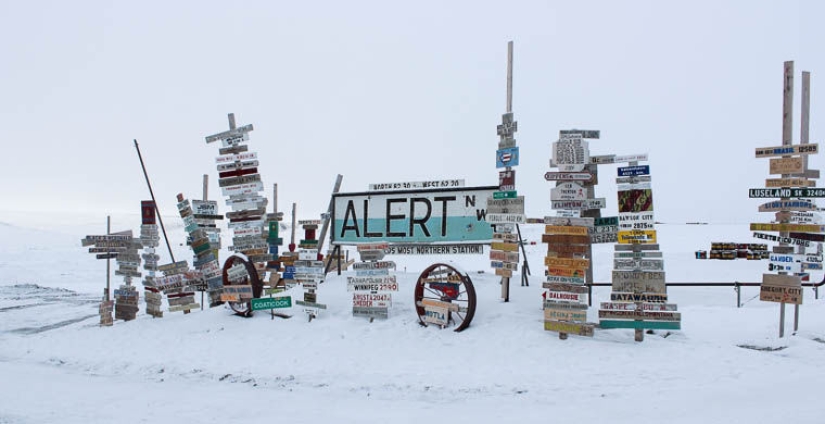
There is no airport on the island, and therefore it is necessary to get here on ships from New Zealand, which go extremely rarely and spend about ten days on the way.
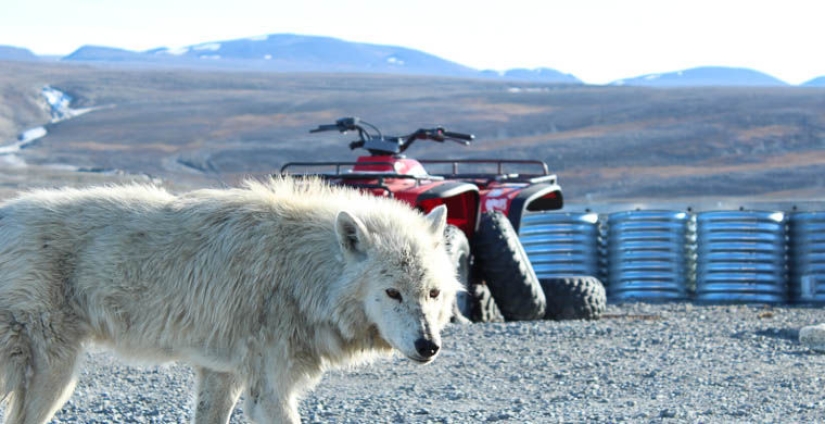
Alert is a village just 500 miles from the North Pole. It is believed that this is the northernmost permanently inhabited locality in the world, as well as one of the most unfriendly.
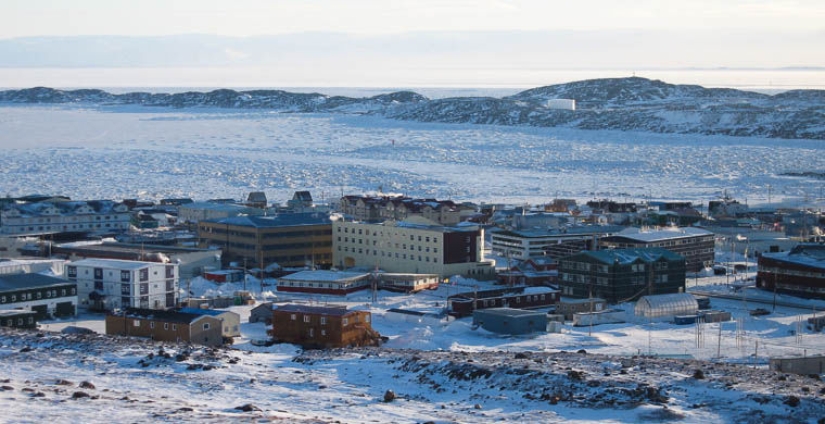
Temperatures in Alert are harsh: only two months of the year (July and August) have an average positive air temperature. Winter lasts almost all year round, and the average temperature of February (the coldest month) is -33.4 °C. To all the other difficulties of life on Alert, the light mode is added: there is either an eternal polar night or a polar day.
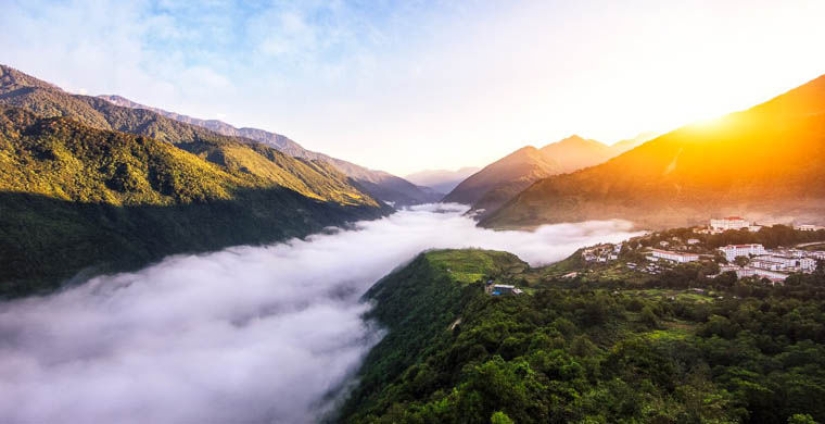
The nearest city is 2000 km away, and large cities like Quebec are twice as far away, and although there is an airport in Alert due to the military-strategic purpose of the city, its existence is somewhat meaningless: regular communication here is almost impossible due to bad weather conditions.
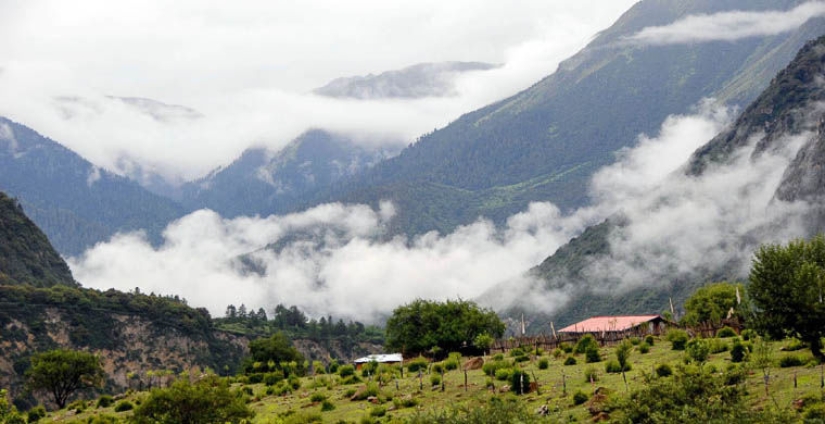
To get to Motuo, you need to overcome a lot of difficulties. Most of the way lies through the frozen Tibetan passes, which can only be overcome on foot. As if that's not enough: there's a scary and creaky 200—meter suspension bridge ahead. The area in which the district is located is known for its incredible beauty (according to Buddhist sources, this is where the Sacred Land is located) and amazing plants. Here is a paradise for lovers of botany — you can see a tenth of the entire flora China.
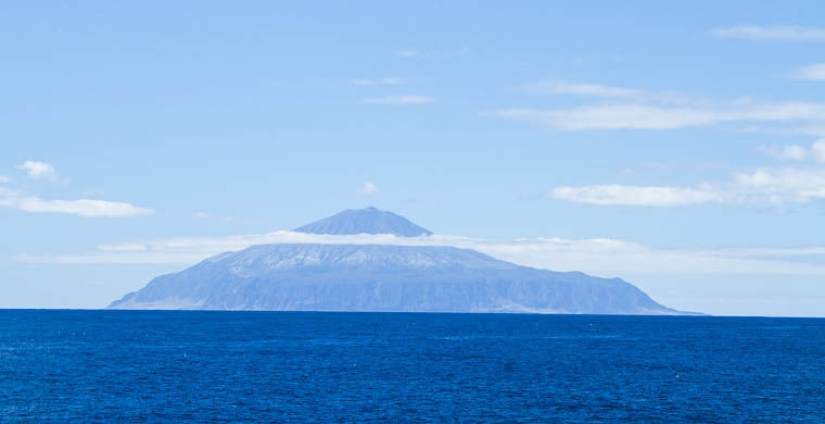
In Motuo, they tried to build a road, but it turned out to be impossible due to landslides, avalanches and difficult terrain. The last attempt was made in the 1990s, but the road did not last even a few weeks — it was filled up by a landslide. Therefore, the district is still extremely difficult to access.
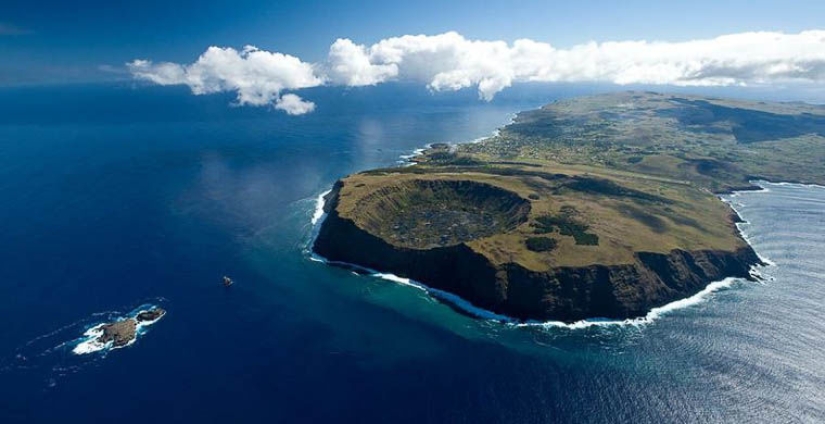
Tristan da Cunha is a group of islands, better known as the most remote archipelago on the planet. In 2014, the island's population was only 297 people. All of them are descendants of eight men who landed on the island from 1816 to 1908 (a Scotsman, a Dutchman, two Englishmen, two Italians and two Americans) and seven women (five mulattoes: four from St. Helena, one from Cape Town — and two Irish).
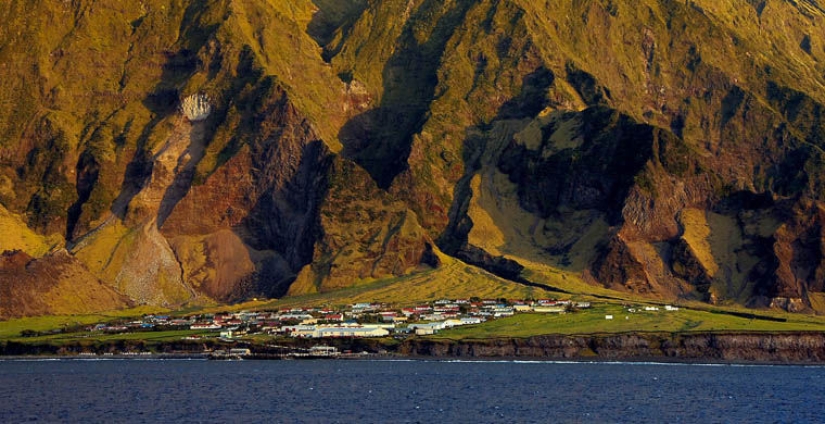
There is a school, a hospital, a museum and even a tourist office on the island. The population produces lobsters and grows potatoes. Rare visitors are welcome, although it is not easy to get here.
The capital of the island — Edinburgh of the Seven Seas - has no regular communication with the mainland, so those wishing to get to Tristan da Cunha have to wait for rare fishing vessels or scientific expeditions — and spend from one to three weeks at sea. Moreover, the route runs through stormy latitudes, which adds pepper.
Recent articles

It's high time to admit that this whole hipster idea has gone too far. The concept has become so popular that even restaurants have ...

There is a perception that people only use 10% of their brain potential. But the heroes of our review, apparently, found a way to ...

New Year's is a time to surprise and delight loved ones not only with gifts but also with a unique presentation of the holiday ...